The COVID-19 pandemic has adversely affected the normal workflow of the industries around the world. And The Walt Disney Company is no exception.
The House of Mouse in its recent Q2 earnings call on 5 May, announced a major dent in their profit due to the ongoing lockdown. Its earnings have nosedived more than 90 per cent due to the pandemic, with a 58 per cent drop in operating income from theme parks and cruises, its worst-hit segment. While the pandemic has disrupted its outdoor businesses, there has been a spike in engagement on its streaming services Disney+, ESPN+ and Hulu which have saved the case for Disney to a certain extent.
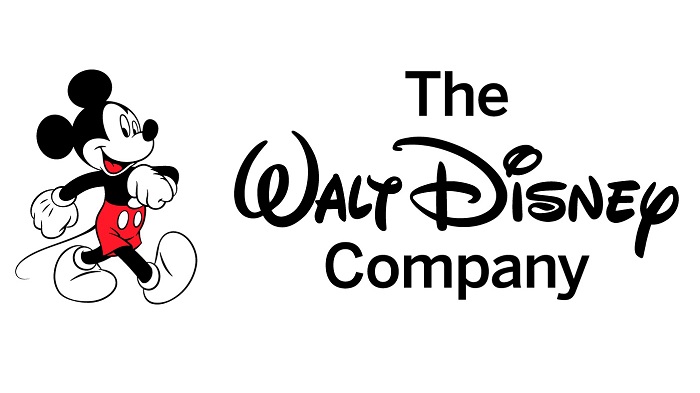
Disney reported its Earnings Per Share (EPS) stands at 60 cents, ex-items and revenue at $18.01 billion. Disney’s total operating income was $2.42 billion in the Q2, down from $3.82 billion which is a 37 per cent decrease.
Disney senior executive vice president and chief financial officer Christine M. McCarthy said during the Q2 earnings call, “From a financial standpoint we estimate the adverse impact of COVID-19 related disruption on our second quarter operating income was as much as $1.4 billion with the majority of that impact at our Parks, Experiences and Products segment due to revenue lost because of closures. As a result, excluding certain items affecting comparability, earnings per share from continuing operations for the second quarter were $0.60.”
Effect on Theme Parks and reopening
Prior to the disruptions caused by the COVID-19 pandemic with the exception of Hong Kong Disneyland, the rest of Disney theme parks and businesses were trending well ahead of prior year. As earlier revealed by Disney and McCarthy in the earnings call, Hong Kong Disneyland faced challenges due to significant declines in visitation from China and other parts of Asia. As a result of the unprecedented disruptions to our businesses, Q2 operating income at Parks, Experiences and Products was significantly lower compared to Q2 last year.
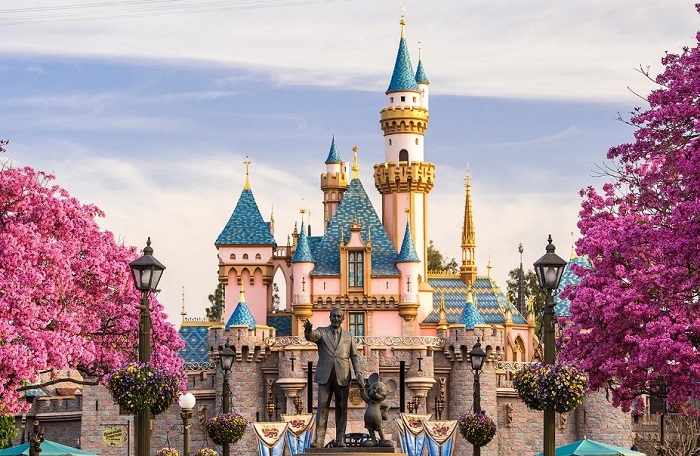
Added McCarthy, “Attendance at Disney’s domestic parks was down 11 per cent in the second quarter. I’ll remind you that the Disneyland Resort closed on 14 March and Walt Disney World was closed on 16 March. We estimate the closure of our domestic parks had an adverse impact on attendance growth of approximately 18 percentage points. Per capita guest spending during the period the parks were open was up 13 per cent on higher admissions, merchandise and food and beverage spending. Per room spending at our domestic hotels was up 6 per cent and occupancy was down 16 points to 77 per cent, which reflects a 13 per cent decline in occupied room nights. We estimate the closure of our domestic hotels had an adverse impact on occupied room nights of approximately 15 points. We estimate the disruption to our Parks, Experiences and Products businesses adversely impacted Q2 operating income by approximately $1 billion.”
On the company’s analyst call, new Disney CEO Bob Chapek mentioned that the company is planning to reopen its theme parks. He also discussed the new procedures that Disney would put in place once the parks reopen, including limiting guest capacity, implementing density control and health precautions like temperature screenings and masks.

Said he, “We are evaluating a number of different scenarios to ensure a cautious, sensible and deliberate approach to the eventual reopening of our parks. As you know our parks have been closed around the world, Shanghai and Hong Kong since January, Tokyo since February and our US and Paris parks since mid-March. The approach we take may include implementation of prevention procedures that comply with state and federal guidelines. We are seeing encouraging signs of a gradual return to some semblance of normalcy in China, and in light of the lifting of certain restrictions in recent weeks and the successful reopening of our park adjacent retail and food and beverage area Disneytown, we and our government partners Shanghai Shendi Group plan to reopen Shanghai Disneyland on 11 May. We will take a phased approach with limits on attendance using an advanced reservation and entry system, controlled guest density using social distancing and strict government required health and prevention procedures, including contact tracing and early detection systems.”
While Disney announced plans to reopen Shanghai Disney Resort, there is limited visibility into the timing of reopening and the conditions under which the House of Mouse can reopen the rest of its parks and resorts, cruise ships and Disney stores. However, McCarthy believes in the strength of their brands and their unwavering commitment to the guest experience which are valuable assets that will serve better for the company once they reopen all its parks.
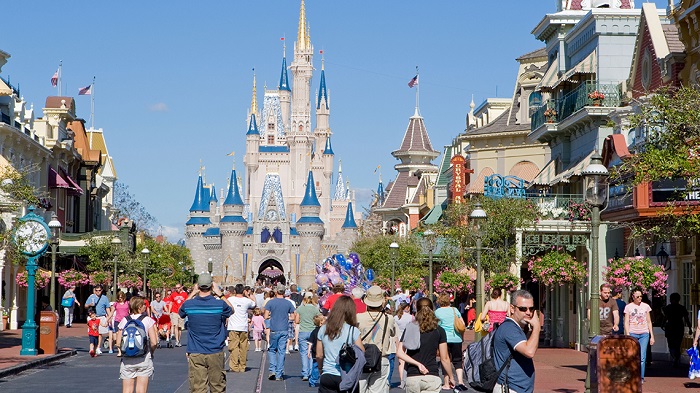
Effect on Dividend Payouts
Disney will also suspend its dividend payout for the first half of the fiscal year, McCarthy informed on the call. She further said that the move would preserve $1.6 billion in cash assuming the dividend held constant at 88 cents per share, and that Disney would revisit and address the dividend again in the next six months once it is better able to assess the impact of the virus.
“We continue to actively evaluate additional mitigation strategies to position our company to emerge from this crisis with the financial flexibility necessary to get back on a growth path.
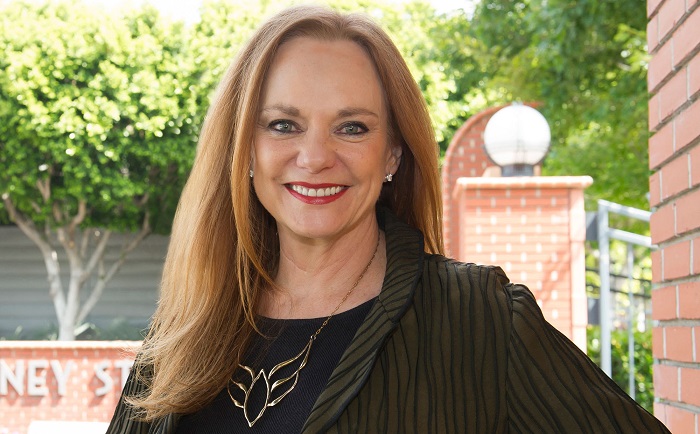
From a cash flow standpoint, the Board has made the decision to forgo payment of the semi-annual dividend for the first half of the fiscal year, which would have been payable in July. This preserves about $1.6 billion in cash assuming we had held the dividend constant at $0.88 per share. We also identified opportunities to reduce our capital spending and we now expect total capex for fiscal 2020 to be about $900 million lower than our prior guidance, or $400 million below prior year, driven primarily by paused construction and refurbishment work due to the temporary closing of our parks. While it is still too early to consider more specific implications for capital spending in fiscal 2021, we remain confident in our investment decisions and the resiliency of our businesses,” she noted.
Disney’s shares fell 2.2 per cent in the extended session on 5 May. The stock has declined more than 30 per cent so far in 2020, as the Dow Jones Industrial Average DJIA, +1.90 per cent, which counts Disney as a component — has declined by 16.8 per cent.
Furloughs
As we reported earlier, Disney furloughed quite a number of its employees due to the temporary shut down of its outdoor businesses. For instance, Walt Disney World, Florida furloughed 43,000 union workers 19 April onwards, as a part of an agreement between Disney World and the Service Trades Council Union.
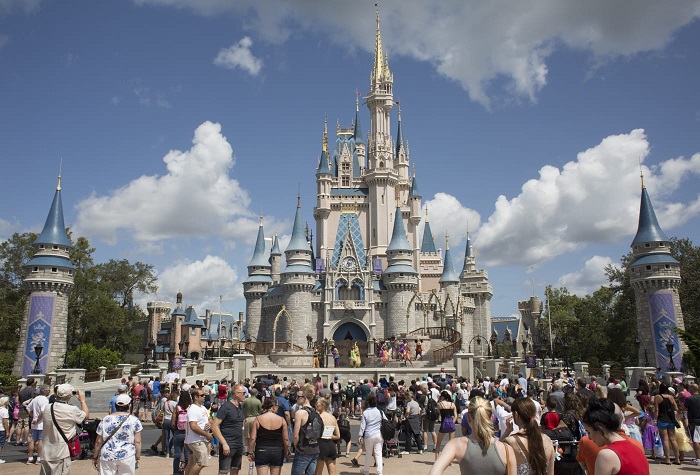
Commented Chapek on this issue in the earnings call, “Our businesses have experienced considerable disruption as a result of the COVID-19 pandemic. This forced us to implement a variety of measures to manage the short and long-term financial impact on our company. The first was a substantial reduction in senior executive compensation company wide which will remain in effect until we see a substantive economic recovery. We were fortunate for the first five weeks to be able to pay full salaries to those employees who were unable to perform their duties. However, with no way to predict when this crisis will end, we made a very difficult decision to begin furloughs on 19 April. Unlike layoffs, the furlough process allows impacted workers to remain as Disney employees, while continuing to receive their full healthcare benefits paid for by the company.
We are fully committed to getting our employees back to work as quickly as the current situation allows. While these were not easy decisions, I do believe they have been the right ones due to the unprecedented challenges that we’re faced with.”
Despite of going through tough times, the new Disney CEO is confident of its “ability to withstand this disruption.”
